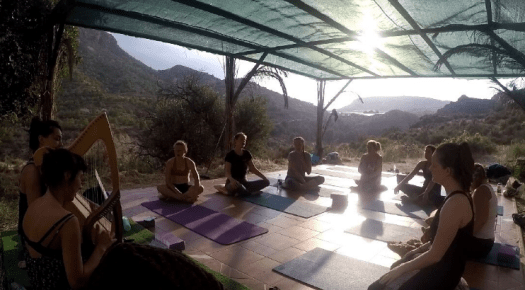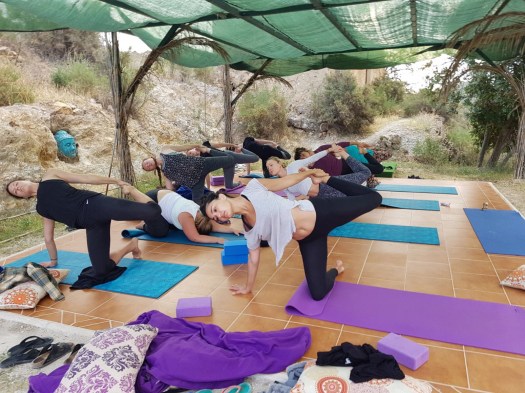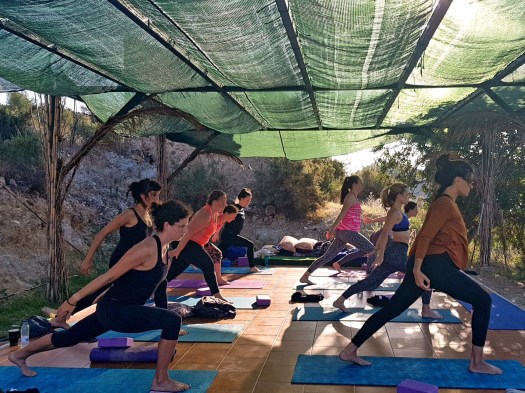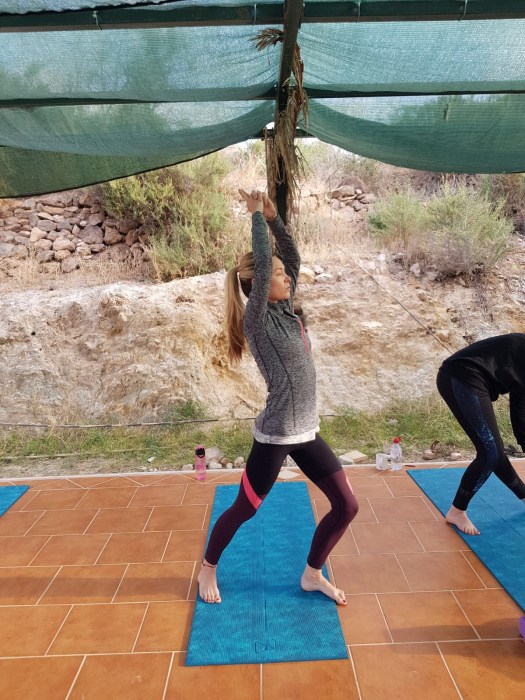
World Mental Health Day. A day for awareness, guidance, hope and understanding. A day for sharing thoughts. My topic? The Law of Attraction.
Hmmm, why have I chosen to discuss the Law of Attraction? Simple. My belief in its power has helped to improve my mental health (rather than hinder it as I had once feared). Whether this “law” exists or not isn’t particularly important. The very idea of the Law of Attraction can be enough to have a profoundly positive impact on your thoughts. Mental health conditions often provoke feelings of disconnection. Emptiness. A black hole. Exploring a possible power that connects you to the universe might sound strange to you, but I’m living proof that it helps.
I’m also having therapy at the moment, for reasons I can’t describe as anything but surpassing the point of “too much”. Too much change, too much loss, too much confusion. Consumed, exhausted, feeling the fear of something completely indistinguishable creeping in; the fear of the unknown.
A little while ago, I wrote about my experience of manifestation – using the power of your thoughts to attract what you truly want. A sort of energy boomerang that gives you exactly what you cast out. I wanted to feel more peaceful.
Can peaceful thoughts really pave the way for a peaceful life?
In many ways, they can.
In my post, I identified the downsides to this theory, most crucially that believing your thoughts have the power to affect reality can be a pretty dangerous notion for someone with OCD. My intrusive thoughts were once so bad I couldn’t quite distinguish between real life and what was happening in my mind (cue hiding from imaginary burglars). These thoughts were so uncontrollably realistic (and scary) that they felt like premonitions – a common symptom of OCD. And so, when I first started reading into manifestation, I disregarded its supposed power for fear of igniting the opposite end of the spectrum: scarier intrusive thoughts that might create an uncontrollably negative life.
Thankfully, I learned to overcome these intrusive thoughts three years ago with the help of a CBT therapist. Compelled to fight this fear of my own imagination, I contemplated everything in my life that I had truly, deeply wished for. I realised that I had, in one way or another, been able to make them happen by trusting my instincts and following my heart. My job, my partner, my home, my most treasured experiences and memories. All of them a product of learning what I wanted, imagining it would happen and making it a reality.
Manifestation is not about believing your that weird (often wonderful) thoughts are real, it’s about learning how to use your thoughts to distinguish and drive what you want from your life. And in many ways, it has actually helped to change the way I think and take back control of my mind. To be more present, more aware of my thoughts when they aren’t particularly healthy, more able to steer them back round to focussing on life-enriching goals and not the scary, uncontrollable concerns.
How to use the law of attraction to get what you want? Easy. Know in your heart what you want. Actually, this is sometimes not so easy. The beauty of LOA is more that it helps you to identify what you desire, and therefore helps to initiate the start of the journey towards that thing.
You see, some days I want to move to the countryside and (dare I say it) have A BABY, and some days I want rent out my flat and live in a bell tent in Zanzibar. If, like me, you feel torn between multiple paths most of the time, it can be helpful to start small. Rather than thinking about what the future should hold, try thinking about what you need to thrive right now, and then focus on that thing.
Here’s my most recent experience…
As someone who used to party loads and see her favourite bands and DJs pretty regularly, I was really craving the musical connection and euphoria that comes from shared singing, raving and dancing to music you and everyone around you is so moved by. I was craving shared emotion and human connection on a larger scale. I expressed two heartfelt desires – human connection and live music – desires that I knew would nourish the parts of me that had felt depleted for some time. Shortly after, four of the loveliest girls invited me to Edinburgh with them for the weekend. It was the feeling of “this is exactly what I needed” times 10000.
That same weekend, after years of attempting, I also got tickets to Glastonbury. A genuine dream come true. Coincidence, you say? Sure, of course it can be. That’s sort of the point. Because it’s all about making your life what you want it to be. Want it to be just be a coincidence? Then that’s what it is. Want to feel like you have the power to shape your own destiny by identifying what your soul needs to thrive? That’s cool, too.
And another thing. During this magical weekend in Edinburgh, I became instantly drawn to a ring on a jewellery stand. Rhodochrosite. A precious stone I wasn’t familiar with. I bought it, wore it straight away and felt a strange sensation within minutes, like a heavy emotional blockage sort of dissolving from the centre of me (FYI, my therapist has identified that I have symptoms of post-traumatic stress). Anyhoo, I walked along in the rain, happily chatting with my friend, and felt the most peaceful I had done in weeks. I couldn’t put my finger on it (pun intended), I just felt good. Later than night, I looked up the properties of a Rhodochrosite stone, not knowing whether it was even a real thing, and this is the answer I found:
“Rhodochrosite emanates one of the most tender and loving energies of any stone, soothing the heart, comforting the soul, and vibrating to the frequencies of inner peace. It is a marvellous talisman of joy and healing, of embracing one’s rightful powers and rising to one’s full potential.”
And so, my belief is this… listen to your heart. Trust your desires. Tune into your own frequency of longing. Do this, and the things you truly want and need will find their way to you, too.







































































